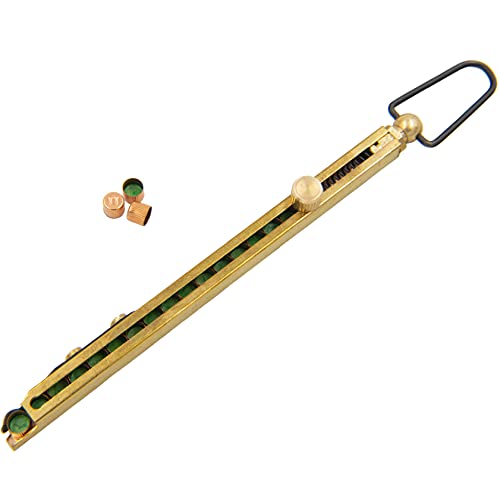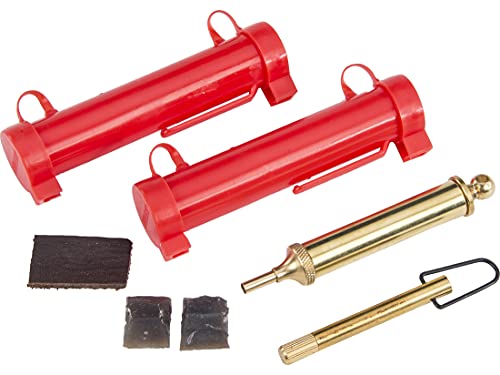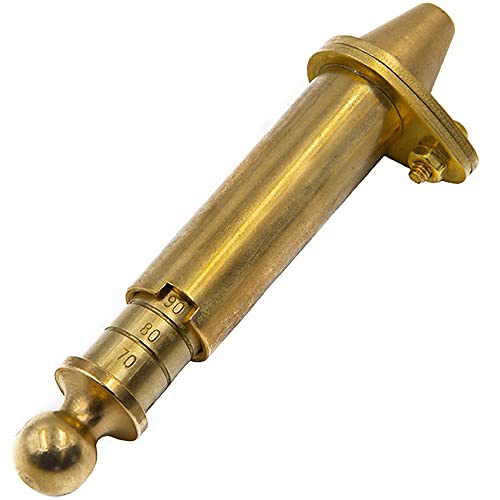Blackdog
32 Cal
A little while l back I went to a rather "interesting" estate sale. The items I walked out with included the 3 wheellock mechanisms pictured here. Now I've been shooting/collecting muzzleloaders for 40+ years, but wheellocks, well they just don't show up in my neck of the woods very often. I knew enough to recognize what they were, but that's about it. I've been doing a bit of on-line research since then, but don't really have access to detailed resource material. So, I'm here hoping those "in the know" might provide some info. They are as found (dirty) and I don't see any markings on them except the small dagger (?) mark on this inside of the smaller lock. The two larger ones are a bit rough, and one does appear to be missing at least one internal part. So, can anyone provide insights as to whether these are early/late, where they were made, were they likely made for pistol or rifle, etc.? Any info would be greatly appreciated.







































